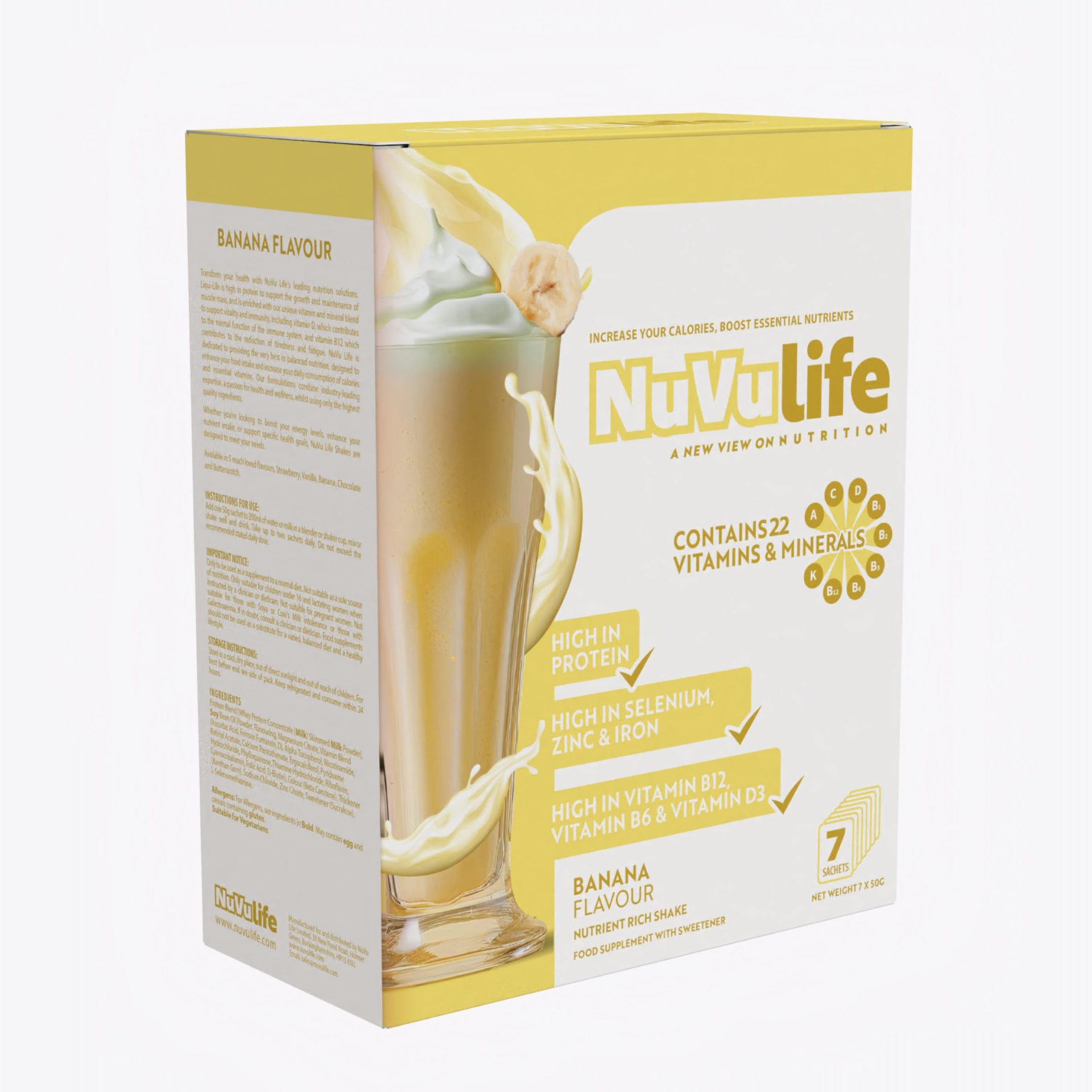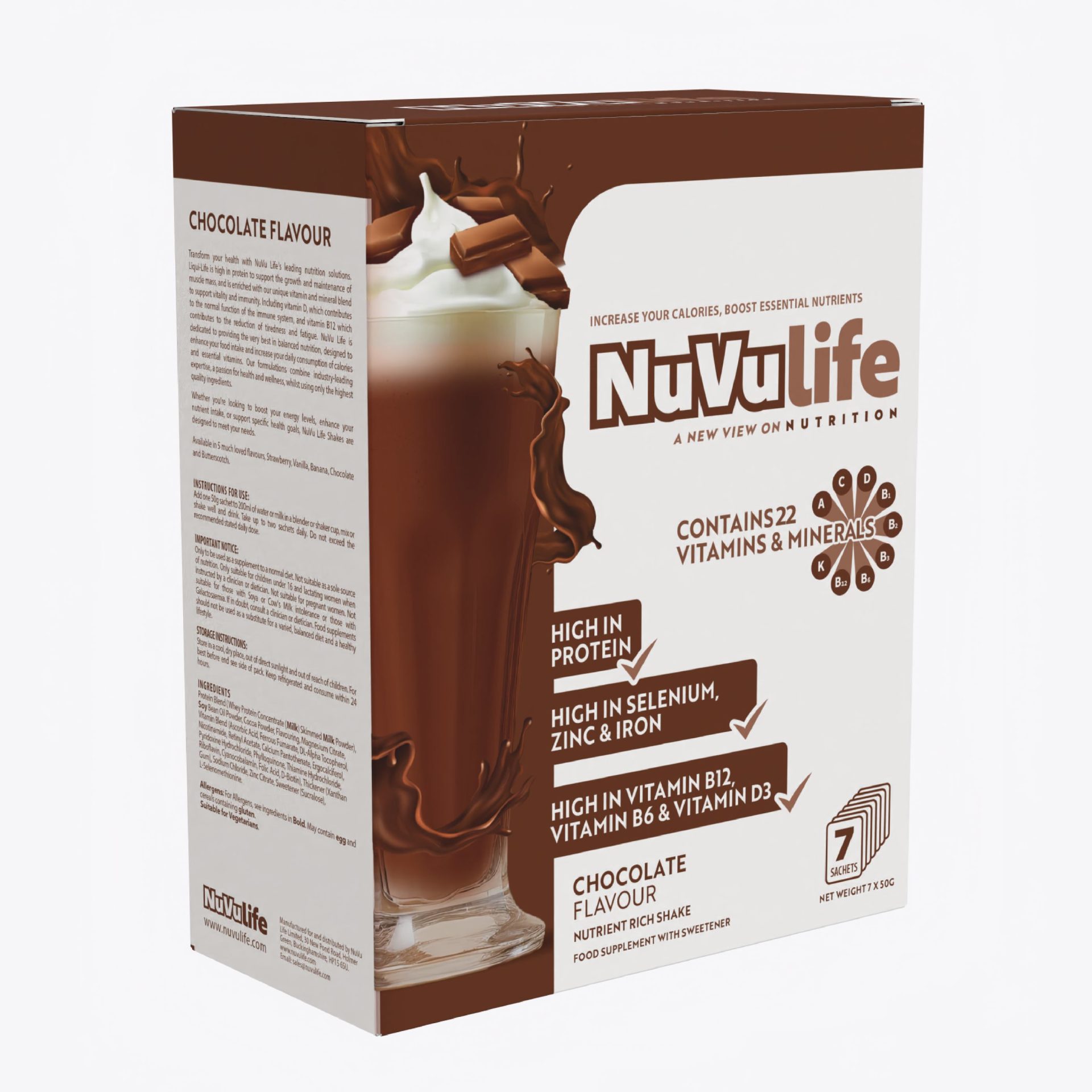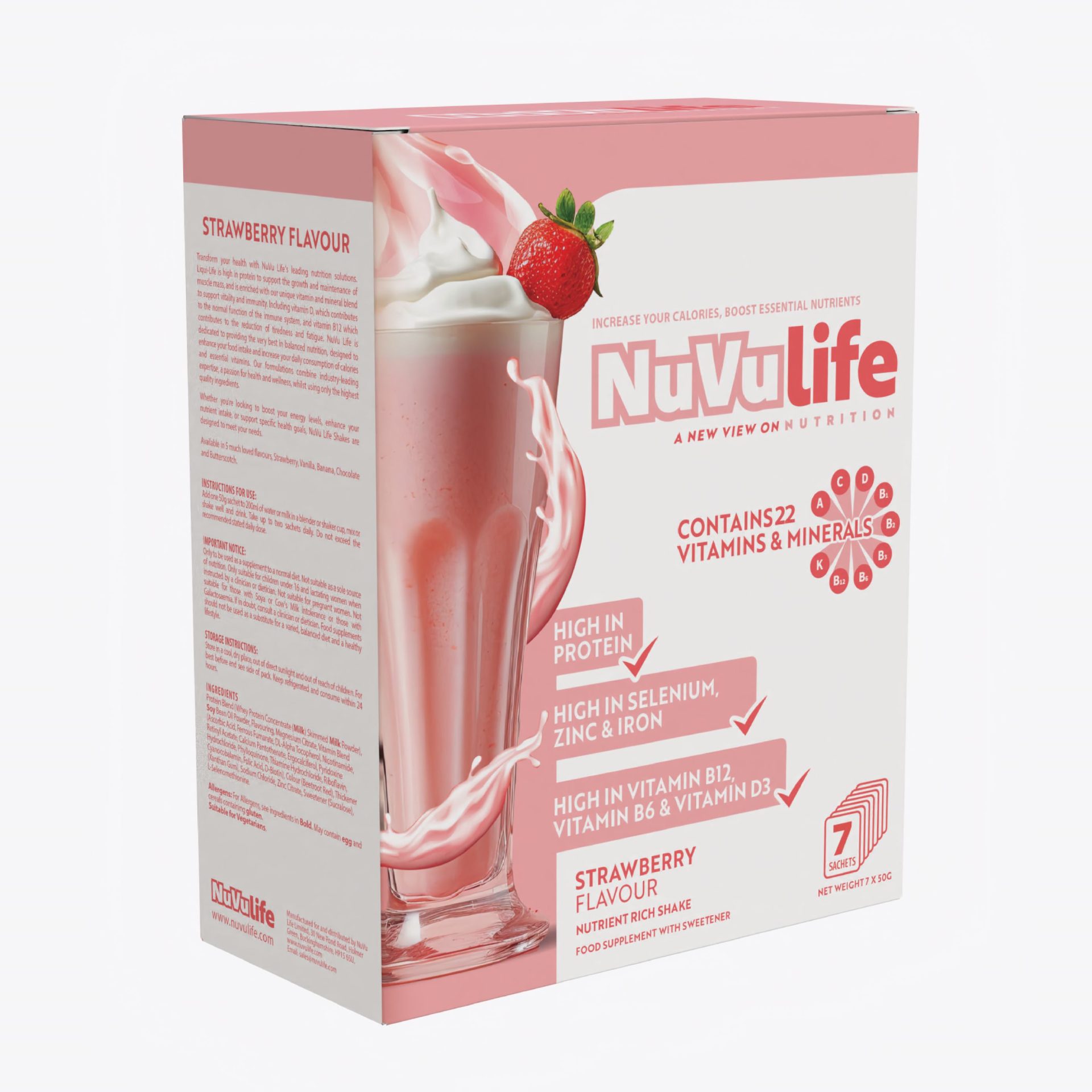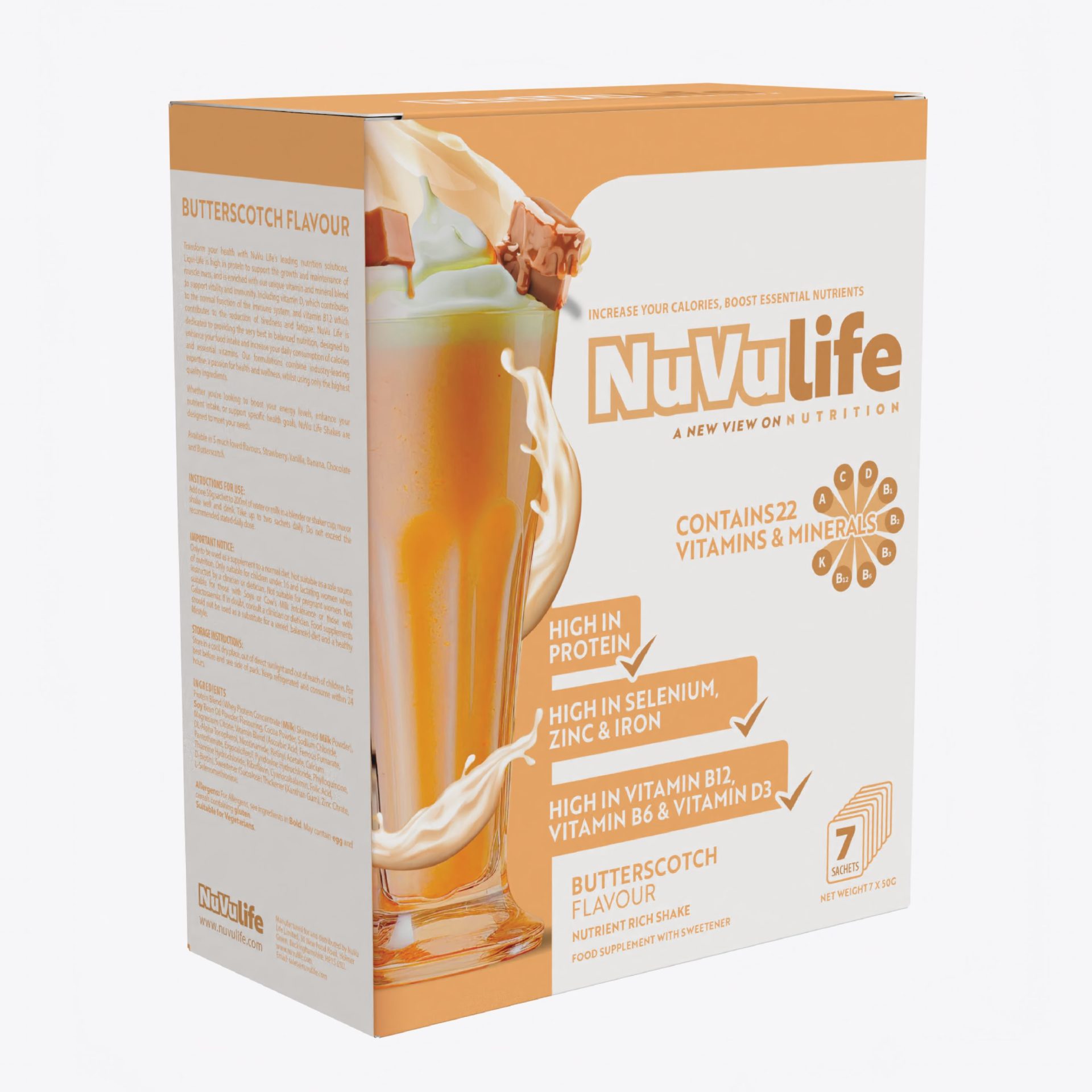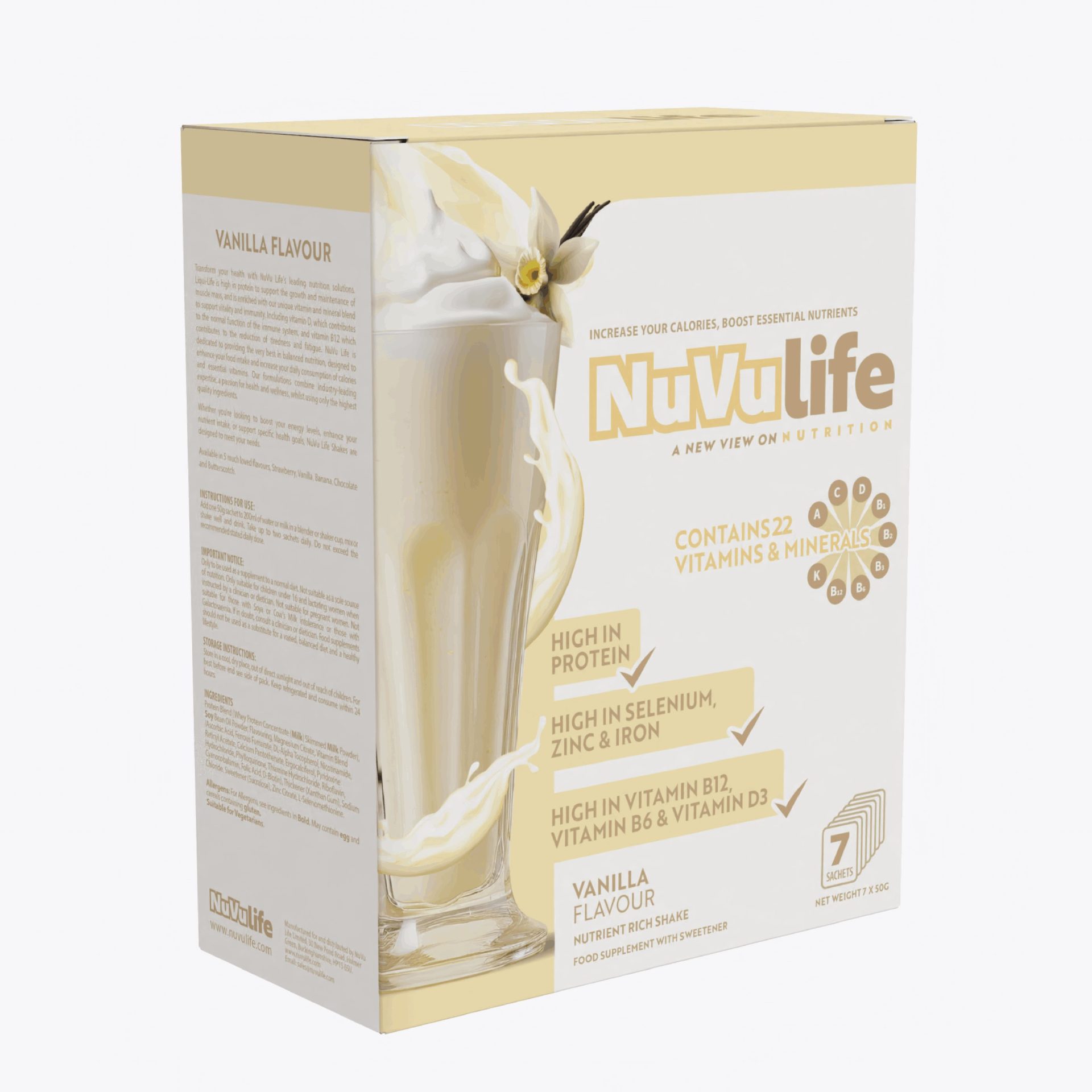What is a Stroke?
A stroke occurs when the blood supply to part of the brain is interrupted, resulting in brain damage. This disruption can cause a variety of physical and cognitive impairments, including difficulties with swallowing and eating. There are different types of strokes, depending on whether the disruption in blood flow resulted from a blockage or a burst:
- Ischaemic stroke: the blood vessels in the brain are blocked by a clot or have become too narrow for blood to get through. The reduction in blood flow causes brain cells in the area to die from lack of oxygen. This is what happens in 80% of all strokes.
- Haemorrhagic stroke: Blood vessel bursts, rather than being blocked. This results in blood leaking into the brain and causing damage.
- Subarachnoid haemorrhage: there is bleeding into the area around the brain known as the subarachnoid space. This is usually due to a burst aneurysm, which is a weakness in the blood vessel wall.
For many stroke survivors, dysphagia (difficulty swallowing) is a significant challenge. Dysphagia can make it difficult to eat or drink safely, as food and liquids may enter the airway instead of the oesophagus, increasing the risk of choking or aspiration pneumonia. High quality rehabilitation can minimise the physical, emotional, cognitive, and social impacts for people who have had a stroke and their careers, and yield substantial cost savings to society
How Stroke Impacts Eating and Swallowing
Stroke-related eating difficulties arise from damage to areas of the brain responsible for motor coordination, sensory perception, and swallowing reflexes. Key challenges include:
- Difficulty Swallowing (Dysphagia)
Dysphagia affects more than 50% of stroke survivors. Stroke-induced dysphagia is caused by weakened or uncoordinated muscles in the throat, making it difficult to safely move food or liquids from the mouth to the stomach. This increases the risk of choking, aspiration, and malnutrition. Early intervention, such as consulting with dietitians and speech therapists, can significantly improve outcomes and reduce the risk of complications. - Motor Impairments Affecting Feeding
Strokes often result in motor impairments like hemiparesis (weakness on one side of the body) or ataxia (loss of muscle coordination). These conditions make it challenging to use utensils, hold food, or bring food to the mouth. According to the American Stroke Association (2021), up to 75% of stroke survivors experience mobility or motor difficulties, significantly impacting mealtime independence. - Cognitive Impairments Impacting Mealtimes
Stroke survivors frequently experience cognitive challenges, such as memory loss, attention deficits, or difficulty understanding instructions. These issues can result in missed meals, inability to follow dietary recommendations, or even forgetting to eat altogether. - Increased Risk of Malnutrition and Dehydration
Eating difficulties often lead to inadequate nutrition or dehydration, especially within three months post-stroke. Malnutrition, in turn, exacerbates recovery challenges and increases the likelihood of complications such as weakened immunity. Ensuring that stroke survivors get nutrient-dense, high-calorie foods and adequate hydration is critical.
Recognising Eating Difficulties After a Stroke
Common Signs of Eating and Swallowing Problems
It’s important for carers to identify early signs of swallowing difficulties (dysphagia) to prevent complications. According to the American Stroke Association and research published in Frontiers in Neurology common signs include:
- Coughing or choking during meals: Indicates potential aspiration of food or liquid.
- Wet or gurgly voice after eating or drinking: Suggests food or liquid may be entering the airway.
- Unexplained weight loss: Can result from difficulty swallowing or avoiding food.
- Avoidance of eating or drinking: Often due to discomfort or fear of choking.
- Prolonged eating times: Suggests fatigue or difficulty managing food.
Early recognition and intervention can significantly improve outcomes and reduce risks of aspiration pneumonia or malnutrition.
Adapting Meals and Environments
Only 45% of patients with dysphagia find eating enjoyable, while 41% experience anxiety or panic during mealtimes, and more than 1/3 avoid eating with others due to their condition. However, making small adjustments based on guidelines from NHS England and the National Institute for Health and Care Excellence (NICE) can significantly improve the mealtime experience for patients, enhancing both enjoyment and social interaction
- Ensure proper positioning: Always seat the person upright at a 90-degree angle during meals to facilitate swallowing and reduce aspiration risk.
- Modify food textures: Follow professional advice (e.g., from a speech and language therapist) to adjust food consistency to pureed, soft, or mashed as needed.
- Thicken liquids: Thicker fluids move more slowly, making them easier to control and swallow safely. Commercial thickeners approved by healthcare professionals are recommended.
- Serve smaller, more frequent meals: Reduces the energy needed for eating and ensures adequate intake.
- Minimise distractions: A calm and quiet eating environment helps focus on the mechanics of swallowing.
Nutritional Considerations for Stroke Survivors
Proper nutrition is vital for stroke recovery and maintaining overall health. Following the guidance of experts such as the British Dietetic Association (BDA), stroke survivors can benefit from several key dietary strategies:
- High-calorie, nutrient-dense foods: Include foods rich in protein, healthy fats, and essential vitamins to prevent malnutrition. Examples include scrambled eggs, mashed avocado, and fortified smoothies.
- Hydration: Encourage appropriate fluids (e.g., thickened if needed) to maintain hydration without increasing aspiration risk.
- Nutritional supplements: Consider high-calorie drinks or fortified purees recommended by a dietitian for individuals struggling with solid food intake.
How Nuvulife Supports Nutrition for Those with Eating Difficulties
Nuvulife is an ideal solution for individuals who experience difficulty eating or swallowing due to stroke or neurological conditions. Here’s how Nuvulife can help:
- Easy-to-Swallow Liquid SupplementNuvulife’s liquid form makes it easy to swallow, even for individuals with dysphagia. Unlike solid food, which can be hard to swallow safely, Nuvulife is designed to go down smoothly and without the risk of choking, making it an essential part of daily nutrition for those with swallowing difficulties.
- Complete Nutritional SupportNuvulife provides complete nutrition in every serving, including essential vitamins, minerals, proteins, and calories. This is particularly important for individuals who are struggling to consume enough food and nutrients. By supplementing their diet with Nuvulife, individuals can meet their daily nutritional needs despite eating challenges.
- . Ideal for Motor ImpairmentsNuvulife eliminates the need for the use of utensils, which can be challenging for those with motor impairments. It is simple to drink from a cup or straw, making it easier for individuals with neurological conditions to consume their meals independently.
- Supports HydrationDehydration is another common risk for individuals with neurological conditions, especially those with swallowing difficulties. Nuvulife is a liquid supplement that provides hydration as well as essential nutrients, ensuring that individuals remain hydrated and properly nourished.
- Convenient for CaregiversCaring for someone with a neurological condition often means managing complex meal plans and preparing specialised foods. Nuvulife offers caregivers a convenient solution by providing a nutritious supplement that is easy to prepare, store, and administer, helping to simplify the caregiving process.
- Tailored for Cognitive DeclineFor individuals with cognitive impairments, like those with dementia, Nuvulife can be a helpful solution. Its liquid form is easier to manage than traditional food, and it helps ensure individuals get the nutrition they need even when they may forget to eat or are unable to feed themselves.
Managing the nutrition of someone with a stroke or neurological condition can be complex, but Nuvulife offers a straightforward solution. By providing complete nutrition in a liquid form, it supports health, recovery, and caregiver ease. Whether dealing with swallowing difficulties, motor impairments, or cognitive decline, Nuvulife can be an essential part of your loved one’s nutrition plan.
If you’re caring for someone facing eating challenges, visit our website to learn how Nuvulife can help improve their nutrition, aid recovery, and enhance their quality of life.


